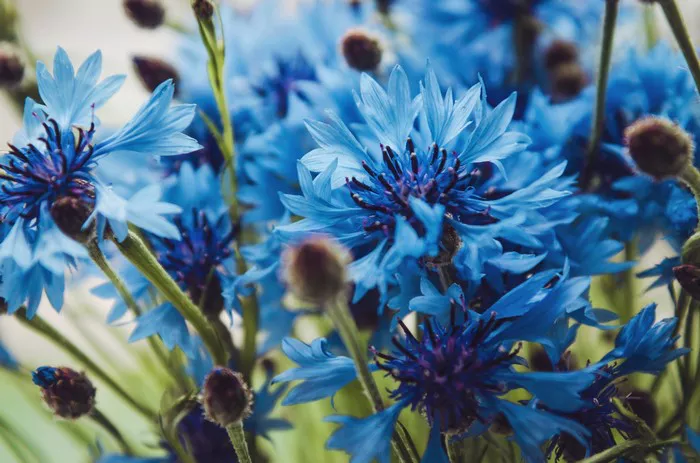In the vibrant tapestry of Dutch floriculture, where fields burst with colorful blooms, a quiet revolution is underway. Farmers like John Huiberts, co-owner of Huiberts Biologische Bloembollen, are eschewing conventional pesticides in favor of organic methods. At the annual BloemenCorso, Huiberts’ electric vehicle symbolizes the shifting tide in the Netherlands’ flower industry.
“It makes you proud,” Huiberts remarks, reflecting on his transition to organic practices over a decade ago. “They say the chemicals are safe but I don’t know. It took me a few years to have good and healthy bulbs, but it is reassuring not to use them anymore.”
Huiberts is emblematic of a growing cohort of Dutch flower growers who are rejecting pesticides due to concerns about their impact on biodiversity and public health. Over the past decade, flower farming in the Netherlands has expanded by 20%, spanning 28,000 hectares in Europe’s second most densely populated country. In 2022 alone, nearly seven billion bulbs, predominantly tulips and lilies, were exported, amounting to approximately €1 billion (£860 million).
Recent legal actions underscore mounting anxieties surrounding pesticide usage. In Limburg, residents have filed a lawsuit to halt the planting of lily bulbs by one grower, citing health concerns linked to pesticides. Last year, a landmark ruling prohibited a grower from employing pesticides on a Boterveen lily field, citing compelling evidence of their association with serious neurological disorders such as Parkinson’s, Alzheimer’s, and ALS. Subsequently, the grower was permitted to use only four substances following an appeal.
Jonna Vernes, a member of the Boterveen community, expresses apprehension about the situation. “It is scary,” she admits. “From the beginning, we have been concerned about our health.”
Experts echo these concerns, citing legal victories against pesticide usage in the United States and France. They highlight the need for stringent testing protocols, particularly in light of the EU’s recent renewal of glyphosate’s permit for another decade. Prof. Bas Bloem from Radboud University Medical Centre emphasizes the urgent need for European regulatory reforms, linking the surge in Parkinson’s cases to environmental factors, including pesticide exposure.
Despite a decline in overall pesticide use since 2012, stringent export standards and consumer expectations for flawless flowers continue to drive extensive pesticide application in flower fields. Martin van den Berg, emeritus toxicology professor at Utrecht University, emphasizes the inadequacy of current testing protocols, particularly concerning neurodevelopmental effects.
Investigative journalists Ton van der Ham and Vincent Harmsen highlight regulatory gaps and community vulnerabilities to pesticide exposure. They stress the need for comprehensive protections for Dutch citizens residing near agricultural fields.
In response to these concerns, the flower industry is exploring alternative methods such as weed-seeking robots and smart injection techniques. Jaap Bond, chairman of the KAVB Royal General Bulb Growers’ Association, acknowledges the sector’s commitment to reducing chemical reliance while underscoring its economic significance.
However, Prof. Bloem advocates for caution, labeling flowers as “luxury products” and urging a precautionary approach. “Particularly when it comes to flowers, we should ban these pesticides until we have further evidence to show either that they’re toxic or that they’re safe,” he asserts.
As Dutch flower growers navigate this paradigm shift, the broader implications for public health and environmental sustainability loom large. The delicate balance between economic imperatives and ecological stewardship underscores the pressing need for proactive measures to ensure the safety and well-being of both consumers and communities.


